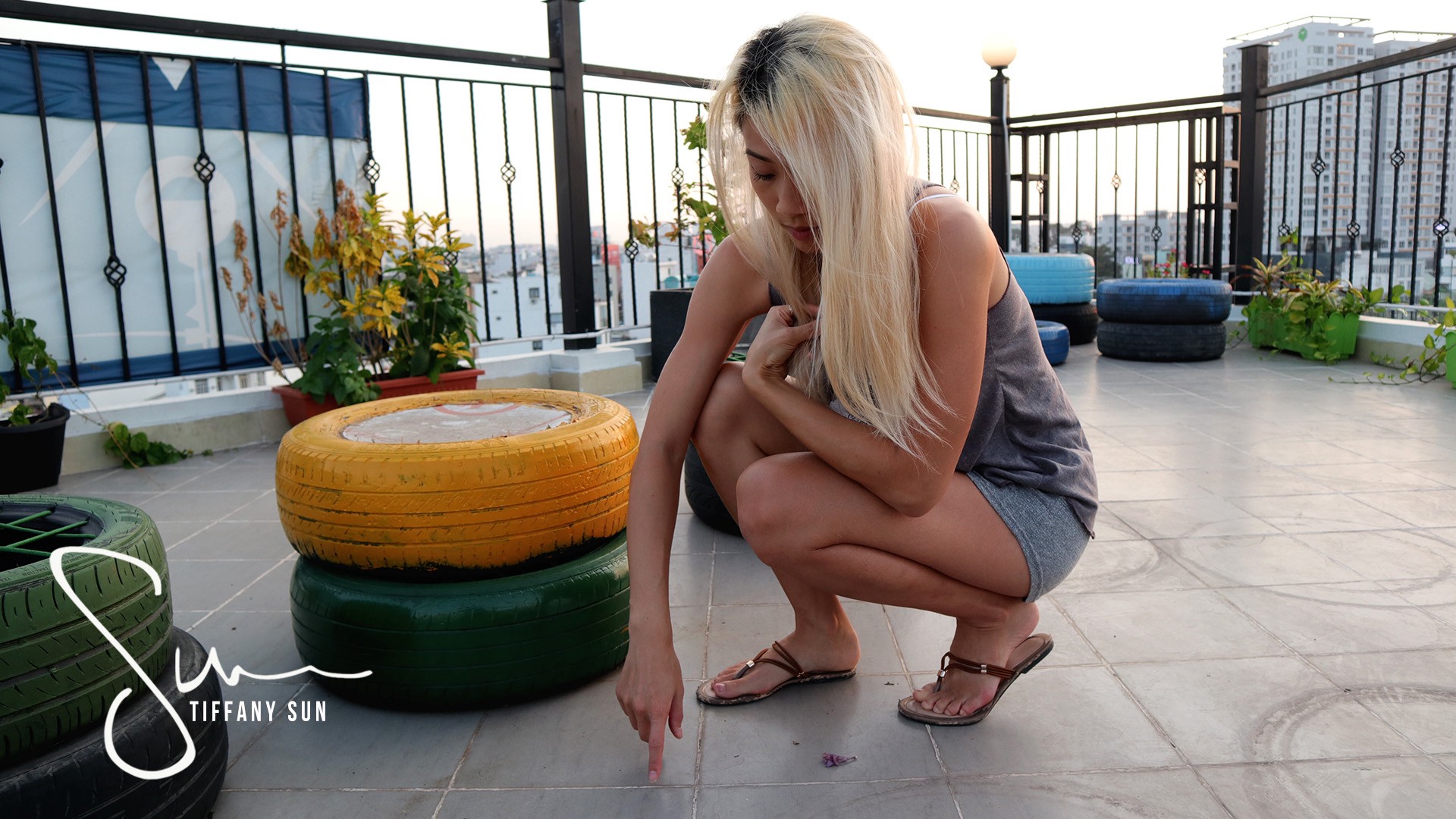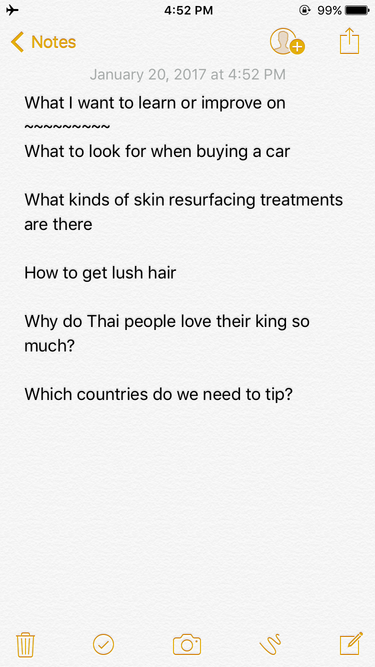
How I lost my curiosity to learn
(and what I’m doing now to gain it back)
As a kid, I used to ask “why” to everything.
Why should I eat broccoli?
Why should I go to school?
Why do I need to save money?
My parents probably regretted having me as their kid, but I didn’t care. I just wanted to see the confused look on my peers’ faces when I explained how things work — like how we burp. Or why our ears “pop” whenever we drive up or down the mountain. Even adults were surprised how much I knew at my age.
And it felt good.
I knew if I kept asking questions, it’d eventually make me better than the average person in the long run.
But gradually as I outgrew my pants and love for Happy Meals, the “whys” faded.
Not because I grew smarter every year, but because I started accepting what others said as right — especially those who were older or had more experience under their belts.
One time I asked my cousin how she got big boobs (because apparently this trait doesn’t run in our family). With a little glee in her eye, she said, “blueberries. Just eat a shit-ton of blueberries and your boobs will get bigger.”
I totally bought it.
For the next 6 months, I gulped down 12 ounces of blueberries everyday, hoping to achieve the same results as her. Only to find out it was all BS when I overheard a conversation from another family member that she had breast implants.
Note to self: Never trust my cousin’s word again.
Another time, I asked my high school professor what I should put on my resume that’d get employers to hire me.
“Your GPA” he responded. “Employers like smart people, because they trust they can contribute more to the company.”
But later I learned from my recruiting job that employers prefer skills you picked up from a company over whatever you remembered at school.
Second note to self: Never trust my professor’s advice.
I certainly could’ve challenged their answers with the simple “why”. I could’ve done my research and found the answer in 5 minutes. I could’ve verified with 3 more credible sources (i.e. experts).
But the way I saw it, if someone is the living proof of their expertise, what’s the point of questioning their intelligence? Or finding the answer myself? I could be saving so much time learning something else.
The more I drilled that philosophy into my head, the farther I fell behind on understanding the real world.

Facing the truth
We all put a certain amount of trust into people with authority. It shoots up when we hear the number of years they’ve been working, when we gaze at their “badge of honor” or check out their 4–5 star ratings. Sometimes their uniforms alone is enough to convince us of their every word.
But we shouldn’t always lower our heads and let authority dictate our decisions. Nor manipulate our thoughts on how things work.
They may be experienced, but they’re still human. They still make mistakes. They still don’t know everything about ______ (their expertise). They still follow the authority to address their uncertainties.
I’m not saying you should completely ignore what professionals, entrepreneurs, parents, teachers, gurus, or anyone wielding more experience say, but rather to take everything with a grain of salt.
After all, you are your best teacher. And it’s up to you to make the final call on what’s right and what’s wrong.
And the best resource to validate someone’s word and to learn is one simple tool:
Google.
That’s what I’ve been doing for the past year and still doing now.
If someone hands me a suggestion or advice, I’d cross-check with Google.
If a stirring question suddenly runs through my mind, I’d jot it down in my notes and Google it later.

Eventually, my mind became sharper and my thirst to learn started to kick in once again.
So if you ever fall into my place and want to see the real truth from your own eyes,
Google the answer. Don’t lose your curiosity to those who may or may not give you the right answer. You’re actually smarter than you think.


